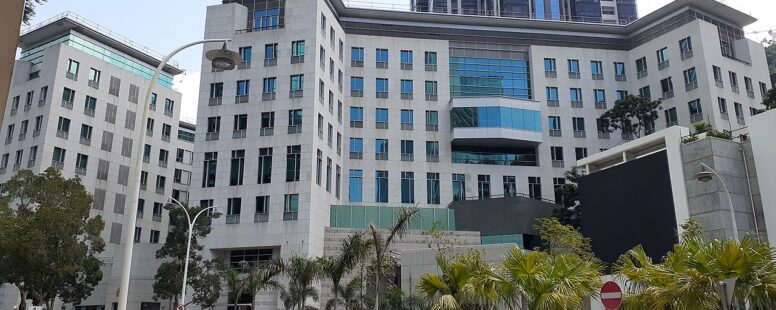China’s Non-Interference Principle and the Military Coups in Africa
Sizo Nkala and Khensani Ntlemo comment on emerging fissures between China’s non-interference principle in African states and relations with regional bodies such as the African Union.










